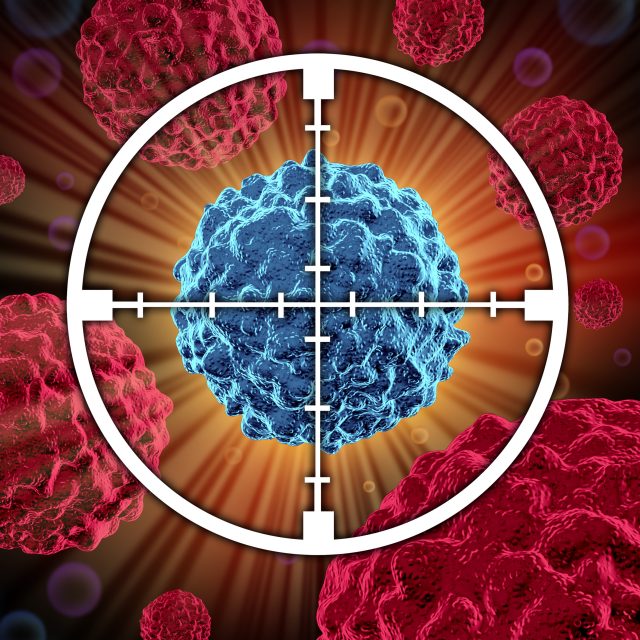Cancer is the second leading cause of death in America, and as heart disease declines which is the number one leading cause of death, as time passes cancer will most likely be our leading in the US. Doctors are in constant research to find new breakthroughs when it come to means of diagnosing and treating cancer. But instead of waiting on these “breakthroughs” that may take years to be open to the public, you can do a lot of things that can protect you right now. Getting yourself checked up including the screening test that detects cancer ad he can help detect cancer before it starts to cause symptoms. Some men don’t know that it is highly recommended that men between the ages 15 to 35 should get periodic doctors testicular exams along with regular check ups. Men older than 50 should start receiving colon and prostate screenings, with prostate screenings you want to make an informed decision.What screening test does is it can help detect malignancies in their earliest stages, but you should always be alert for symptoms of the disease. But it is a useful reminder to listen to your body and report sounds of distress to your doctor. The 10 commandments as means to fighting cancer are simple to implement in your everyday life.
- Proceed with C.A.U.T.I.O.N.
To help remind of you of certain warning signs that may be associated with cancer.
C, change in bowel or bladder movements.
A, a sore that does not heal.
U, unusual bleeding or discharge.
T, thickening or lump in the breast or elsewhere.
I, indigestion or difficulty in swallowing.
O, obvious change in a wart or mole.
N, nagging cough or hoarseness.
- Avoid All Tobacco Usage
The use of tobacco is responsible for 30 percent of all cancer diagnostics so it is best to avoid tobacco in all its forms, including exposure to secondhand smoke.
- Don’t become Obese
30 percent of all cancer diagnosis come from obesity and not having the proper diet so it is best that you reduce your consumption of saturated fat and red meat, which appears to increase the risk of colon and prostate cancer, limit your intake of charbroiled foods, and avoid deep-fried foods and also increase your consumption of fruits, vegetables, and whole grains.
- Exercise Regularly
It is also very important to exercise regularly physical activity has been linked to a reduced risk of colon cancer, and it may even help prevent prostate cancer, exercising also removes unwanted weight.
- Stay Lean and Fit
You want to try your best to stay lean, as obesity increases the risk of many forms of cancer. Don’t forget that calories count and if you need to slim down, take in fewer calories and burn more with exercise.
- Limit Yourself to 1-2 Alcoholic Beverages Daily
If you are a person who chooses to drink you want to limit yourself to 1 to 2 drinks per day as Excess alcohol increases the risk of cancers of the mouth, larynx, esophagus, liver, and colon and also increases a woman’s risk of breast cancer. Smoking along with drinking increases your risk as well.
- Avoid High Radiation
Avoid unnecessary exposure to radiation meaning not being in the sun at its peak radiation times from 10a-4p. Skin Cancer is the most common cancers and also one of the most avoidable as well.
- Avoid Environmental Toxins
Avoid exposure to industrial and environmental toxins such as asbestos fibers, benzene, aromatic amines, and polychlorinated biphenyls. Most men should consider taking low doses of aspirin which have been shown to have a lower risk of colon cancer and possibly prostate cancer.
- Consume Vitamin D Daily
Get enough vitamin D. These lifestyle changes will yield another cancer-preventing benefit: if you stay healthy, you won’t need cancer treatments. Vitamin D helps protect against some cancers that are most commonly found in men which are colon and prostate cancer.
- Avoid Diseases that Increase Your Risk
Avoid infections that contribute to cancer, including hepatitis viruses, HIV, and the human papillomavirus. Many are transmitted sexually or through contaminated needles. The answer is simple have protected sex and never share needles.




























